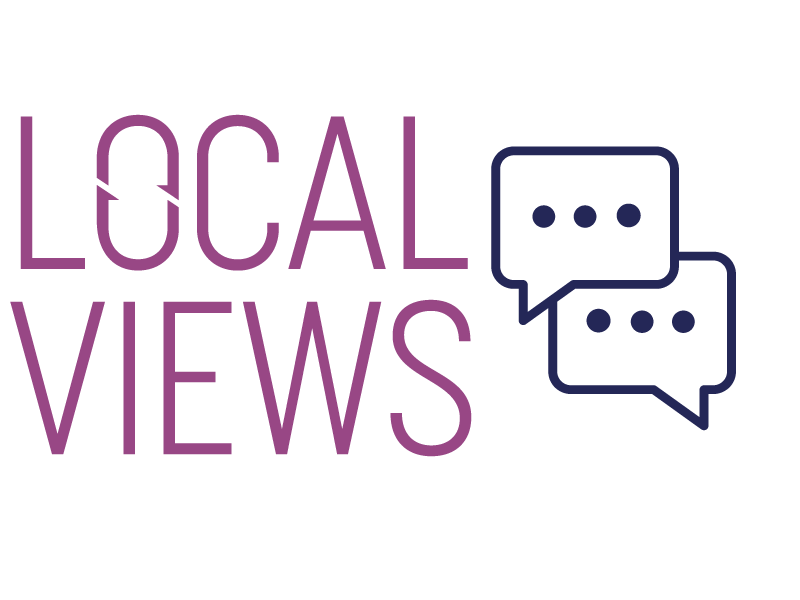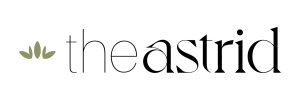The start of a new school year is typically marked by hope, optimism and excitement.
For many Jewish parents, educators and children in Montgomery County, the feelings as school begins Monday are quite different.
Over the past two weeks, at least six MCPS school buildings—including three elementary schools, one of which hosted a farmers market frequented by children and families—have been vandalized with graphic, antisemitic graffiti, much of it related to the Israel-Gaza war.
On Sunday, a group called mcps4palestine is holding an event to “get organized to take back our schools” from “Zionists in Montgomery County” who “steer public school policy to the detriment of Palestinian, Arab, Muslim, and even anti-Zionist Jewish members of the MCPS community.” Swapping “Zionists” for “Jews” fools no one; accusing Jews of controlling societal institutions is an insidious antisemitic trope and conspiracy theory going back thousands of years.
These attacks are shocking, but sadly not surprising.
MCPS experienced record numbers of antisemitic incidents in the 2023-24 school year—to the point where the school board president was subpoenaed to testify at a congressional hearing. Maryland now ranks seventh among states in reported antisemitic incidents, which have risen by more than 300% in the United States since Hamas’ horrific terrorist attack on Oct. 7.
It is heartening that some local leaders—particularly new MCPS Superintendent Thomas Taylor—have called out these antisemitic crimes and acted quickly to get the words and images removed. But too many in our area continue to shy away from terming harassment and vandalism referencing Israel as antisemitic, even when these attacks are strategically perpetrated at schools in neighborhoods with significant numbers of Jewish residents—and which have large numbers of Jewish students and educators. Most of these schools are also blocks away from multiple synagogues. These are not coincidences. There is no question about who is being targeted and who is suffering the resulting harm.
These hateful and illegal acts do nothing to help Palestinians or Israelis. They do nothing to bring the hostages home. They do nothing to end the suffering in Gaza or to achieve a lasting peace in the region. They do nothing to improve our schools and neighborhoods at home.
Instead, they just make children afraid to walk into school. They make parents anxious about their children’s safety. They take time and resources away from teaching and learning. They sow division and discord. And they force Montgomery County’s Jewish residents to live with chronic trepidation about when, and where, the next brazen attack will occur.
This is no way to begin a school year. Yes, we should teach our kids hard subjects, expose them to different viewpoints, and encourage spirited discussion and debate. But it is equally imperative that our schools remain safe harbors, sanctuaries where children and adults from all backgrounds gather each day to learn, share, and build community.
Educators and administrators have an obligation to “do the work” — to understand the nuances of how antisemitism is manifesting at this moment in history; to distinguish between legitimate expressions of political viewpoints and coded messages of hate; and to balance free speech rights in K-12 settings with the obligation to ensure that core learning is not disrupted and all children feel safe.
Combating antisemitism requires more than denouncing bad behavior and handing out consequences. Educators and policymakers need to sit with and listen to Jewish students and educators; visit targeted synagogues and schools; and recognize and validate Jewish parents’ understandable fears and concerns.
In their powerful speech at the Democratic National Convention, Jon Polin and Rachel Goldberg—parents of Israeli-American hostage Hersh Goldberg Polin—described the “surplus of agony on all sides of the tragic conflict in the Middle East.” That is true in Israel and Gaza, and here in our own community. A surplus of empathy is needed from our leaders and educators toward all MCPS families and staff who are carrying the pain of this conflict with them every day.
We must also recognize that the particular pain being experienced by one marginalized community cannot and does not diminish our ability to support other marginalized communities. It is why Jewish organizations have strongly supported the MCPS anti-racist audit and associated implementation steps, as well as efforts to achieve educational equity for Black and Latino students and to ensure the safety and dignity of LGBTQ+ students. None of us is truly safe unless we are all safe.
The vast majority of people within MCPS want to do the right thing, but for the upcoming school year to be successful, words and actions must match honorable intentions. For too long, those spreading vitriol have been the loudest voices in the room. For the sake of our kids—Jewish and non-Jewish alike-—it’s time for love to drown out hate.
Guila Franklin Siegel is chief operating officer of the Jewish Community Relations Council of Greater Washington.



